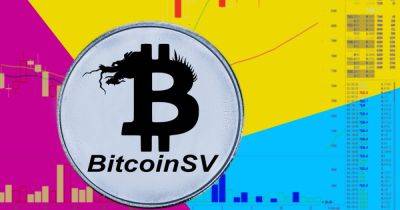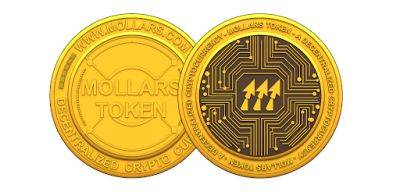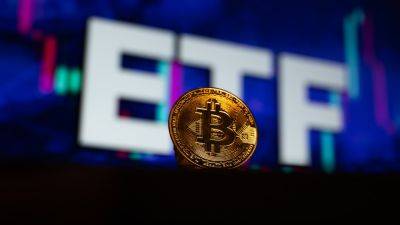Central Bank of Nigeria Lifts Crypto Ban Following New SEC Regulation
The Central Bank of Nigeria (CBN) has reversed its ban on dealing with companies involved in digital tokens.
According to a report by BusinessDay, the CBN has now instructed lenders to open accounts for crypto firms, marking a reversal of the ban it imposed in 2021.
The decision comes as the Securities and Exchange Commission (SEC) issued new regulations for crypto companies operating in the country.
The CBN’s ban, introduced in February 2021, prohibited deposit-taking financial institutions from transacting with or operating cryptocurrency exchanges.
However, the recent change in law will provide a much-needed boost to crypto exchanges in Nigeria, which ranks second in blockchain data company Chainalysis Inc.’s adoption index.
Despite the volatility of virtual asset prices, cryptocurrency transactions in Nigeria have continued to grow, with a 9 percent increase reported by Chainalysis in September.
Under the new regulations, Nigerian banks are now permitted to open bank accounts for crypto companies, also known as Virtual Asset Service Providers (VASPs).
They can provide designated settlement accounts and act as channels for foreign exchange flows and trade.
However, crypto companies must obtain a license from the SEC to operate and meet certain requirements.
VASPs, including crypto exchanges, are obligated to pay a minimum paid-up capital of ₦500 million ($553,000) and must be duly registered with the Corporate Affairs Commission (CAC).
Additionally, companies wishing to issue tokens must submit a white paper to the SEC and await approval before launching them in Nigeria.
To ensure compliance, banks are required to obtain the Bank Verification Number (BVN) of all directors and owners of the crypto
Read more on cryptonews.com




















